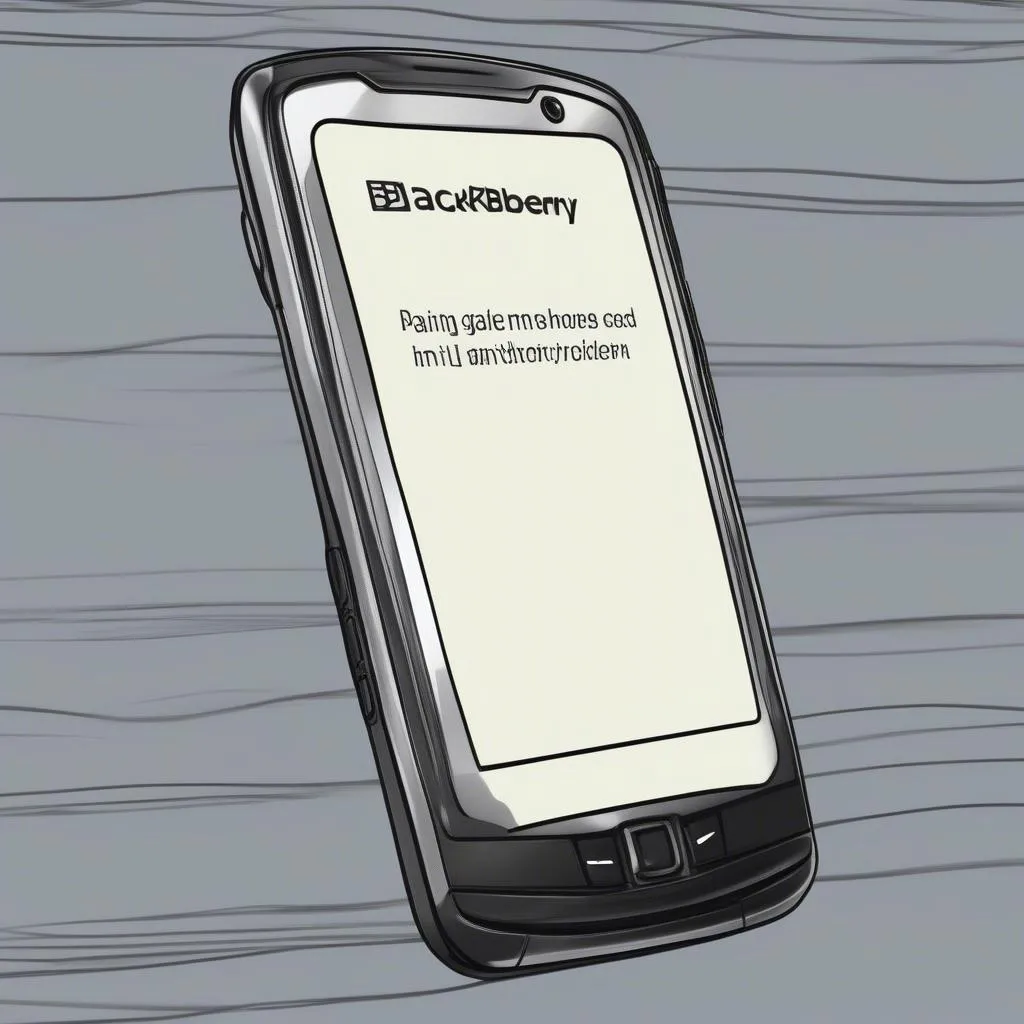Waking up to a dead battery after just replacing it can be incredibly frustrating. A new battery dead overnight suggests an underlying issue that needs addressing. This article will delve into the common causes of this problem, provide troubleshooting steps, and offer solutions to prevent it from happening again.
Why is My New Car Battery Dead Overnight?
Several factors can contribute to a new battery draining overnight. These include parasitic draws, faulty charging systems, corroded terminals, extreme temperatures, and even internal battery defects. Pinpointing the culprit requires systematic troubleshooting. It’s important to rule out simple issues before assuming a complex problem. For example, did you accidentally leave your headlights on? While this may seem obvious, it’s a surprisingly common occurrence.
Identifying Parasitic Draws
A parasitic draw is an electrical component that continues to consume power even when the vehicle is off. These draws can range from small, insignificant drains to substantial power leaks that drain your new battery overnight. Common culprits include interior lights, glove box lights, faulty door switches, and aftermarket electronics like stereos and alarms.
Checking the Charging System
A malfunctioning charging system, specifically the alternator, can prevent the battery from recharging while the engine is running. This can lead to a new battery dead overnight even after a seemingly normal drive. A simple test involves checking the battery voltage with the engine running. A healthy charging system should produce a voltage around 14 volts.
Troubleshooting a New Battery Dead Overnight
Here’s a step-by-step guide to troubleshoot your new battery dead overnight issue:
- Visual Inspection: Check the battery terminals for corrosion. Clean them with a wire brush and baking soda solution if necessary.
- Battery Test: Have the new battery tested to ensure it’s holding a charge and doesn’t have an internal defect.
- Parasitic Draw Test: Use a multimeter to measure the current draw with the ignition off. battery current draw test A draw exceeding 50 milliamps (0.05 amps) may indicate a problem.
- Charging System Test: With the engine running, check the battery voltage. A reading below 13.5 volts suggests a charging system issue.
- Alternator Test: Have the alternator tested to confirm its output and functionality.
What if the Starter is Clicking?
If you hear a clicking sound when trying to start the car, it often indicates a dead battery, even a new one. While it might seem like a starter issue, dead battery starter clicking noises are usually a sign the battery lacks sufficient power to engage the starter motor.
“A common misconception is that a clicking starter means the starter is bad. In most cases with a new battery, it’s the battery that’s the issue, not the starter,” says John Smith, Senior Automotive Technician at ABC Auto Repair.
Preventing Future Battery Drain
Once you’ve identified and resolved the issue, take steps to prevent it from reoccurring:
- Regular Maintenance: Inspect and clean battery terminals periodically.
- Minimize Accessory Use: Avoid leaving lights, radio, or other accessories on when the engine is off.
- Address Electrical Issues Promptly: Don’t ignore warning signs like dimming lights or slow starting.
- Limit Short Trips: Short trips prevent the battery from fully recharging.
“Modern cars have complex electrical systems. Even seemingly minor issues, like a faulty key fob, can drain your battery surprisingly fast,” adds Jane Doe, Electrical Systems Specialist at XYZ Auto Diagnostics.
Conclusion
A new battery dead overnight isn’t normal and indicates an underlying problem. By following the troubleshooting steps outlined in this article, you can identify the culprit and get your car back on the road. Regular maintenance and prompt attention to electrical issues are key to preventing future battery drain and ensuring your new battery lasts for years to come.
FAQ
-
Can a bad alternator kill a new battery? Yes, a faulty alternator prevents the battery from recharging, leading to premature failure.
-
How long should a new car battery last? Typically, a new car battery should last 3-5 years.
-
How do I test my car battery? You can use a multimeter or have it tested at an auto parts store.
-
What is a parasitic draw? A parasitic draw is an electrical component that consumes power even when the car is off.
-
How do I fix a parasitic draw? Identifying and disconnecting the faulty component is crucial to fixing a parasitic draw.
-
Can extreme temperatures affect battery life? Yes, both extreme heat and cold can shorten battery life.
-
Should I disconnect my battery if my car sits for a long time? Disconnecting the negative terminal can prevent battery drain if the car is stored for extended periods.

